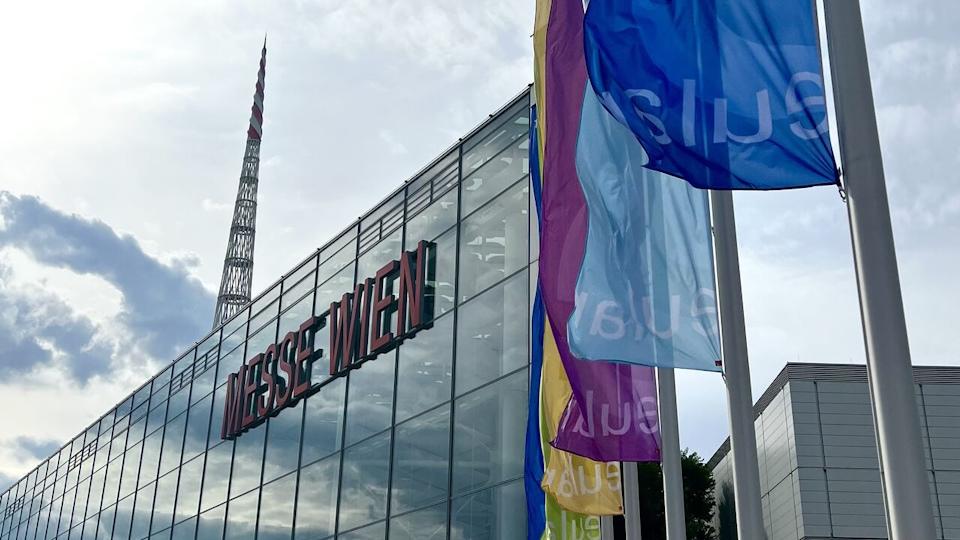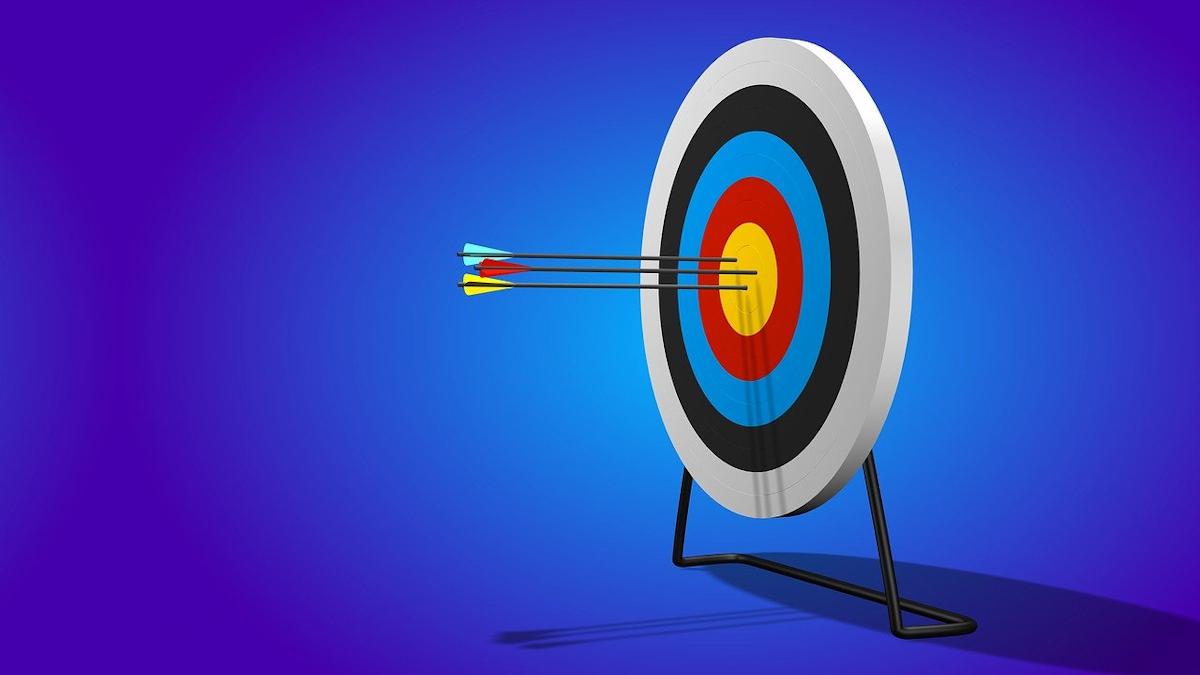J&J’s nipocalimab raises hope for Sjogren’s patients

Johnson & Johnson’s ‘Swiss army knife’ for autoimmune diseases – FcRn inhibitor nipocalimab – has shown efficacy in Sjogren’s disease (SjD), an autoimmune condition that affects millions of people worldwide, but has no treatments that address the underlying cause.
Results of the phase 2 DAHLIAS trial were reported over the weekend at the EULAR congress in Vienna, showing “clinically meaningful” improvements in disease activity in adults with SjD – measured using the ClinESSDAI score – compared to placebo.
SjD is characterised by the production of auto-antibodies, leading to chronic inflammation that leads to dryness in mucosal surfaces of the eyes and mouth, for example, along with lymphocytic infiltration of exocrine glandular systems that causes damage to organs, including the joints, lungs, kidneys, and nervous system. It affects around four million people worldwide and is nine times more common in women than men.
ClinESSDAI measures disease activity across 11 organ systems, with a higher score indicating increased disease activity. There was an average 3.7-point fall in the placebo group, which compared to a 6.4-point reduction with a 15 mg/kg dose of nipocalimab given as a biweekly infusion. A lower, 5 mg/kg dose of the antibody was not significantly better than placebo.
J&J’s drug outperformed control on a range of secondary measures, including physician assessments, and there were trends to improvement over placebo in patient-recorded symptoms like mouth, eye, and vaginal dryness. Biomarkers – including total levels of IgG and auto-antibodies – also improved and were consistent with nipocalimab’s mechanism of action.
J&J is running a broad programme of clinical trials for nipocalimab, with phase 3 studies already on the go in generalised myasthenia gravis (gMG), chronic inflammatory demyelinating polyneuropathy (CIDP), and warm autoimmune haemolytic anaemia (wAIHA). The company reported positive top-line results from the gMG trial earlier this year.
SjD, meanwhile, is one of a number of indications in mid-stage testing, alongside rheumatoid arthritis, systemic lupus erythematosus (SLE), idiopathic inflammatory myopathies (IIMs), haemolytic disease of the foetus and newborn (HFDN), and paediatric gMG.
J&J acquired nipocalimab when it bought Momenta Pharmaceuticals in 2020 for $6.5 billion, saying at the time that around 195 million people worldwide suffer from some form of auto-antibody-driven disease. It has previously suggested that the drug could eventually become a $5 billion-a-year product.
It is one of a pack of anti-FcRn drugs coming through the industry pipeline, a little behind Argenx’s Vyvgart Hytrulo (efgartigimod alfa/hyaluronidase), which has been approved for gMG and is under review by the FDA for CIDP, with a decision due by Friday. Argenx said in March it had completed a proof-of-concept study for its drug in SjD and would start planning a phase 3 programme.













